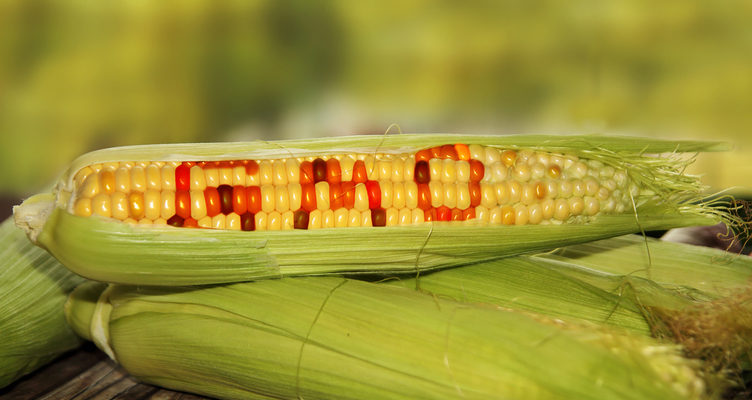INTRODUCTION
Humans have been breeding crops and animals since creation through selection and crosses for mankind and industries. The approaches for improving such organisms are challenged with breeding between different species and periods involved among others. Hence, there is the need for alternative means to break the barriers which then introduced the term genetically modified organisms (GMOs). GMOs are organisms (microbes, plants, & animals) whose genetic material (DNA) is modified but not through either mating or recombination. GMOs either have a gene that targets improving growth, nutrition, resistance to pest and disease, drought among others. Crops such as corn, soybean, cotton, rice, and animal including salmon and pig (Galsafe) are GM products that are approved. However, despite GMOs’ potential to battle hunger, genetically engineered food is still controversial.
REASONS WHY AFRICA NEED GMO
I am of the view that every country including that of Africans needs to embrace GMOs. Scientific bodies around the globe support that GM food is safe as non-GM food. Livestock and human that consumes them for decades have not recorded health problems. It is likely to eat food and food products that are made with ingredients that come from GM crops such crops are soybean oil, corn starch, and granulated sugar. A few horticultural crops such as potatoes and apples are available in GM varieties.
Also, GM crops are bred to resist pests and diseases, such as fall armyworms, late bright in potatoes, cowpea pod borer and banana bacterial wilt will be also among the key challenges African farmers encounter. Growing a resistant variety helps farmers get a good yield. GM seeds can better tolerate the. Once the production cost reduces, the farmers will be able to sell the produce at a low cost. There is no doubt that GM crops are less expensive compared to organic produce. Also, customers are willing to buy crops free of pesticides and insecticides. Other impacts also include crop quality and the possibility of planting a second crop in a season. presence of aluminium element or the lack of fertilizers and higher salt concentration.
Also, growing GM crops will have a positive impact on the environment. Farmers who grow GM crops have reduced the environmental impact associated with their crop protection practices, and weed control. The chemicals used to control viruses, nematodes and fungicides do harm non-target organisms and do cause pollution. When GM crops resistant to these pathogens are grown these effects would not exist increasing the adaption rate. Additionally, GMO crops are a huge part of reducing greenhouse gas emissions which are concerns of Africans in the face of climate change.
Again, GM crops are gaining popularity due to their ability to increase crop yield, reduced drug production and usage, reduced needs for pesticides, and enhanced nutrients composition and food quality. Thus, provide us the opportunity to increase our yields to correspond to with increasing population. Moreover, added value traits have been incorporated in crops such as golden rice with iron and beta carotene and long shelf-life banana. In conclusion, the adoption of GM crops will continue to rise in the years to come due to its associated benefits.
OPINION ABOUT THE SAFETY OF GMO CROPS
GMO crops that are permitted to the market are safe for humans and the environment. I think that GMO food safety should be much more focused on the features of the food product and not on the techniques employed in getting the food. There are no major differences between a food developed by biotechnology processes and that of conventional breeding except new trait(s) added when was deficient in the former one.
GMOs are well-ordered throughout the globe. Hence, GM crops and their related products undergo broad procedural safety appraisals before their release and usage. This implies that the Food Authority Body responsible for endorsement for the release of the food must do diligent work to ensure that it is good for human consumption, the environment and is safe to grow. The continuous application of stringent safety assessments based on agreed international principles will always form the basis for ensuring the safety of GM foods.
My concern with GMO crops is on traceability and labeling of the product. Therefore, GMO foods must be identified so that customers will have the power to choose. Traceability is also needed to facilitate tracing its source. Consumers will be able to trace GMOs right from the producer to his/her plate. The customer will be informed regarding the food origin to be able to quickly react in case of any possible problem.
CONCLUSION
In conclusion, genetically modified food has tremendous potential to save money, eliminate poverty, reduce hunger and malnutrition and promote innovation practice. Some individuals believe GM foods infringe on the environment and human health; however, I believe these concerns are de minimis and unwarranted. Also, there are no recorded GMO cases causing risks to humans, plants, animals, micro-organisms, and the environment in the 26 countries in which biotech crops are grown. In my view, I support GMOs for their associated benefits on the impact on society.

